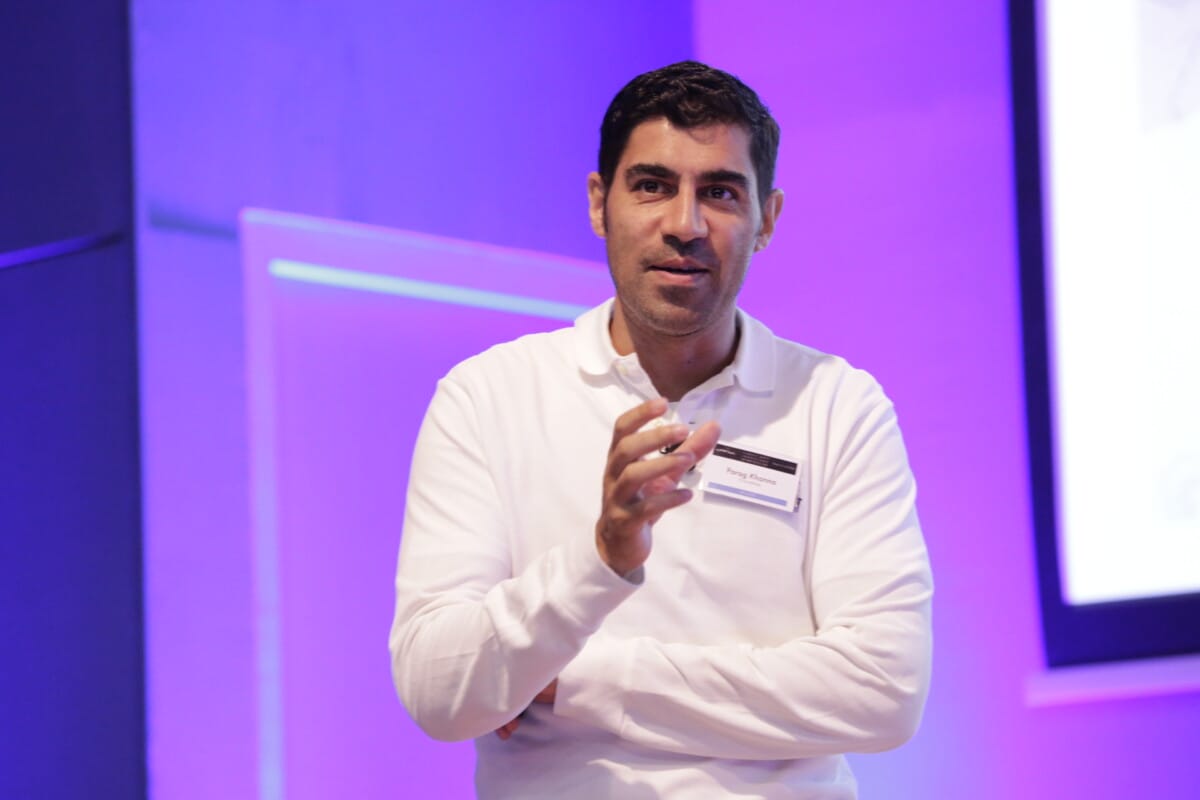Convincing colleagues at the Illinois State Treasury of the importance of integrating ESG into investment strategy was a three-year journey, Deputy State Treasurer and CIO Rodrigo Garcia told delegates at the PRI in Person conference in San Francisco.
“I knew a number of factors were hitting our bottom line but there was scepticism out there in terms of integrating these factors. Many folks asked: ‘Why are we integrating this liberal social agenda?’ ” Garcia said in a panel session addressing the enduring scepticism about responsible investment.
Change came when colleagues understood the financial risk to the portfolio that climate factors posed. They connected to factors that could affect the bottom line, like the vulnerability of insurance companies in the portfolio to rising sea levels and the vulnerability of investee oil companies to stranded assets, Garcia said.
The growing awareness of the importance of intangible assets has also turned sceptics into ESG believers, said Ben Yeoh, senior portfolio manager at RBC Global Asset Management.
“Intangible assets are things missing off the balance sheet but if you treat them badly, they hit your balance sheet,” Yeoh explained.
He added that using easily understandable language, rather than ESG’s endless acronyms, was key to getting the message across.
Lisa Woll, chief executive of US SIF: The Forum for Sustainable and Responsible Investment, also noted the need to use simple language, arguing that many investors still don’t know what is meant by ‘sustainable investment’. Woll observed that there are too many terms around that describe ESG and added that the industry was bad at selling its success stories around climate or diversity.
“Why aren’t we telling our stories and talking about them? This is how we convince people – tell them why they should invest in ESG,” she said.
The panel listed the professions in the investment industry most prone to scepticism about ESG – consultants, asset managers and trustees. Many pension funds and asset managers remain preoccupied with short-term returns, rather than focusing on long-term integration of ESG. One problem is the overwhelming emphasis on alpha, said Dave Zellner, CIO of Wespath Benefits and Investments.
“We spend too much time on alpha and not enough on beta,” Zellner said. “This is where can improve ESG integration and help bring a more prosperous world.”
Consultants were also picked out as ESG laggards. “Consultants have a lot of work to do,” said Garcia, who urged asset owners to wrestle control over ESG strategy from their consultants.
“If you are the fiduciary, you are deciding on ESG strategy, but many pension funds defer to their consultants, slowing progress.”
The panel noted that pressure on pension funds to integrate ESG would grow as the Millennial generation demanded more ESG investment. “Millennials think differently about how their money should be put to work and will drive change,” said Rick Davis, partner, Pegasus Capital Advisors.
Already, the panel noted, dissatisfied Millennials were picking robo advisers, rather than investing and saving through traditional managers. It could be a powerful incentive for change, Woll noted.
“Scepticism goes when your client is about to walk out the door,” she said.



